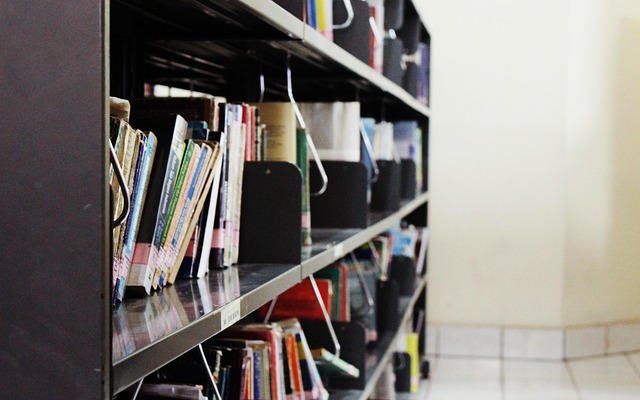Universities worldwide adopt eco-conscious restroom practices, including smart toilets, low-flow fixtures, and recycled materials, reducing environmental impact and inspiring sustainable habits among students. Sustainable restroom solutions for schools and universities can significantly contribute to combating climate change by teaching and implementing these practices from an early age.
Universities play a vital role in fostering sustainable practices, and one often overlooked area is their restroom policies. This article explores how educational institutions can implement eco-friendly solutions, from products to student education, to reduce environmental impact. We delve into the significance of sustainable restroom habits, offering a comprehensive guide for schools and universities seeking to contribute to a greener future. By adopting these practices, institutions can inspire change and ensure a cleaner, more sustainable environment for all.
- Understanding the Impact of Restroom Policies on Sustainability
- Implementing Eco-Friendly Products and Technologies in Universities
- Educating Students for Long-Term Sustainable Restroom Habits
Understanding the Impact of Restroom Policies on Sustainability

Universities and schools play a vital role in shaping the future by fostering not just academic excellence but also an eco-conscious mindset among students. Implementing sustainable restroom practices is more than just a trend; it’s a step towards reducing the institution’s overall carbon footprint. By understanding the environmental impact of everyday activities, such as flushing toilets, we can make significant strides toward sustainability. Traditional restrooms contribute to water waste and energy consumption, but with smart toilets and innovative solutions, these concerns can be mitigated.
For example, low-flow or dual-flush toilets can drastically reduce water usage while smart sensors ensure accessibility anytime without compromising cleanliness. These simple yet effective changes not only promote sustainable habits in students but also align with broader goals of achieving environmental excellence. By adopting such practices, educational institutions can serve as a model for the community, demonstrating that even small adjustments can collectively make a significant difference in our fight against climate change. Visit us at [your website] to explore more about these transformative sustainable restroom solutions for schools and universities.
Implementing Eco-Friendly Products and Technologies in Universities

Universities are increasingly adopting sustainable restroom solutions for schools and universities as part of their commitment to environmental stewardship. Implementing eco-friendly products and technologies in these institutions goes beyond reducing waste; it also fosters a culture of sustainability among students, faculty, and staff. One notable trend is the introduction of smart toilets equipped with sensors that minimize water usage by activating only when needed. Additionally, efficient plumbing systems in schools, such as low-flow fixtures and dual-flush toilets, significantly reduce water consumption without compromising performance.
The use of recycled materials for school restroom products is another effective strategy. From recycled paper dispensers to biodegradable cleaning supplies, these products not only lessen the environmental impact but also contribute to a healthier indoor environment. Moreover, advanced ventilation systems designed specifically for restrooms can improve air quality by reducing moisture and odor buildup, leading to more comfortable and hygienic spaces. For tailored solutions, give us a call at Restroom Ventilation Systems; we’re here to help institutions transition to sustainable restroom practices.
Educating Students for Long-Term Sustainable Restroom Habits

Educating students about sustainable restroom practices is a key component in fostering long-term habits that benefit both the environment and future generations. Universities and schools have a unique opportunity to instill these values from an early age, ensuring that young minds understand the impact of their actions on the planet. Through comprehensive restroom education programs, students can learn about water conservation techniques, such as low-flow fixtures and dual-flush toilets, which are essential sustainable restroom solutions for schools and universities.
Implementing affordable recycling programs alongside these educational initiatives further reinforces responsible behavior. By teaching students how to properly dispose of waste and recycle materials like paper products and plastic, institutions can significantly reduce their environmental footprint. Encouraging these practices in academic settings sets a precedent that extends beyond campus boundaries, inspiring students to carry these sustainable habits into their personal lives and future careers. Visit us at sustainable water management natural ventilation anytime for more insights on how to create greener spaces.
Universities play a pivotal role in shaping sustainable future practices, and implementing eco-conscious restroom policies is a significant step forward. By understanding the environmental impact of these spaces, institutions can lead by example in adopting green technologies and products. Furthermore, educating students about sustainable habits ensures that these practices become ingrained in their daily lives beyond campus boundaries. With dedicated training and accessible resources, schools and universities can foster a culture of sustainability, ultimately contributing to global efforts in preserving our planet’s resources.






